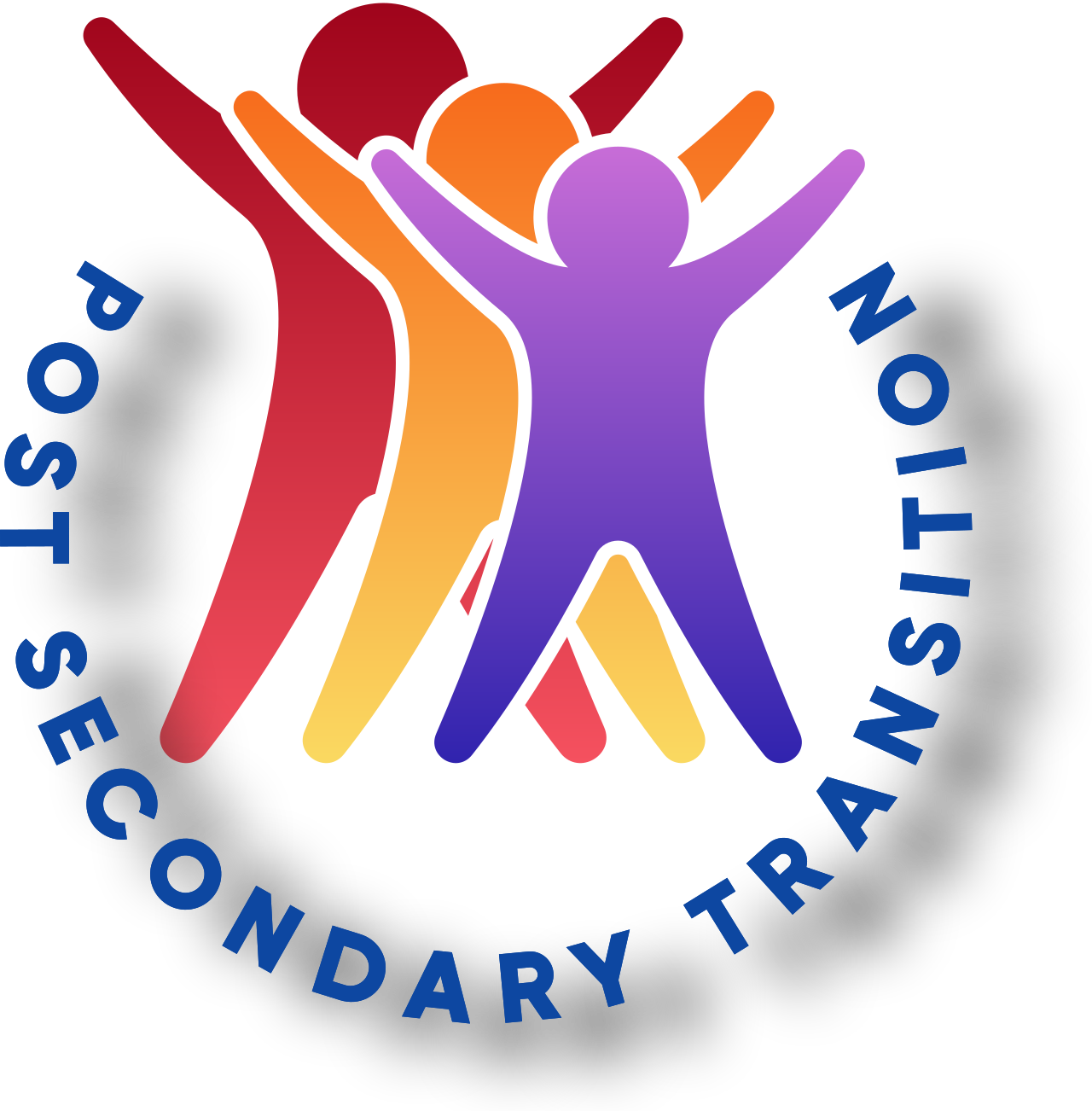
Adult Agency Snapshot
An adult agency may be involved in the transition process for adults with disabilities, depending on the specific services they provide (and whether its a good fit for the family). During post-secondary transition, an adult agency could provide support services to help the individual and their family navigate the "dos and don'ts" and access resources. This may include assistance with:
housing
employment
healthcare
other services
This can help the individual achieve their goals and live as independently as possible. The agency may also provide vocational training and job coaching to help with skill development and find employment. They may also provide assistance with accessing government benefits and other financial resources that can help support the individual's needs.
Questions For Providers
Questions For Providers
Do you provide transportation to worksites or would the individuals need to use RTA Transportation?
Do you provide community based supported employment or do individuals have to visit the program to receive supported employment services?
How do you provide individualized supported employment?
What kind of Supported Employment service do you provide? (Community based, vocational workshops, enclaves, contracts, job coaching, job developing, drop in support, etc.)
What strategies / accommodations have been made to help individuals learn their tasks for a job (checklists, prompts, visual demonstrations, etc.)
Also, if it’s a provider outside of Howard County, do you provide services for individuals in Howard County as well as transportation?
Can individuals be in both the Day program and in the Supported Employment Program? If so, what would a normal schedule look like?
Do you have any current openings?
Supported Employment
What time does your day program begin and end?
What types of services does your day program include?
What would a typical day look like for an individual who attends your day program?
Do you have opportunities for individuals to learn and grow in social skills, life skills, and volunteer opportunities?
What volunteer opportunities does your agency partner with?
What types of volunteer jobs are there (sorting, lifting, carrying, tying items, etc.)?
What is the average ratio (individual: staff) for going out into the community, transportation, Day Program, etc.)?
Do you have field trips in the community? If so, where have you been in the past?
Are there opportunities for Educational growth in your agency (computers, reading, and/or writing)?
Do you have any therapeutic programs (Therapeutic pool therapy, OT, PT, Mat tables, walkers. Lifts, etc.)
What type of equipment or recreational materials do you provide?
What is your “catchment” area for providing transportation and serving individuals at your agency?
What is your policy on transportation if transportation can’t be provided? (Do parents get reimbursed for transportation if they have to transport their child to the day program? Is there a pick up stop in the community?
Do you use public transportation? If so, how are individuals supported in the community?
Do you use agency vans for transportation?
How long do the transportation route usually take to pick up and drop off?
Day Habilitation
More Resources
Parents Place of Maryland: Selecting an Adult Service Provider
Service Coordination Inc: Working with Providers
Overall, the role of an adult agency in the transition process is to provide guidance and support to adults with disabilities and their families as they navigate the often complex and challenging process of transitioning to adulthood and accessing the services they need to live fulfilling lives.
Center for Parent Information & Resources: Adult Services- What Are They? Where Are They?




